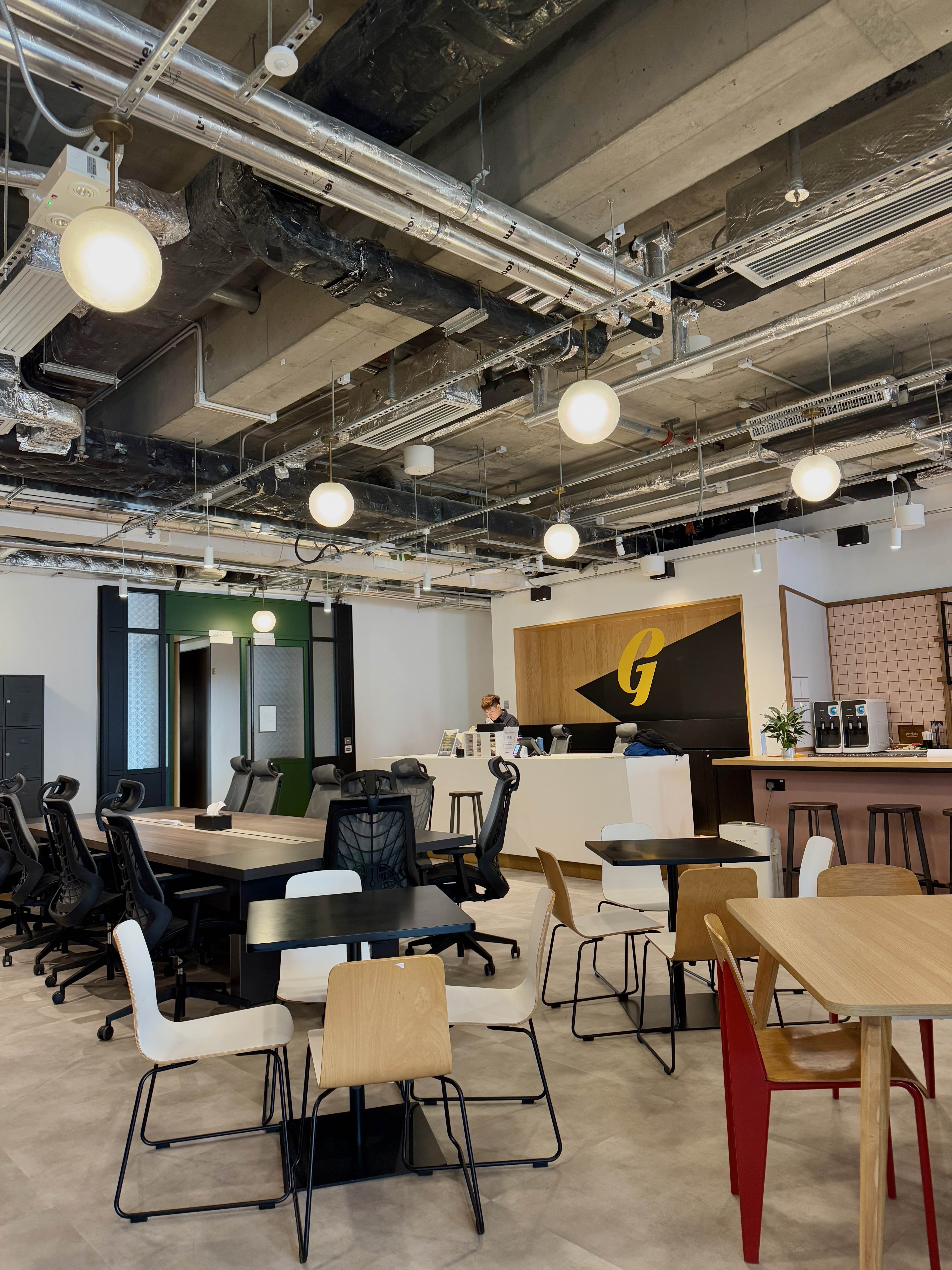LOCATIONS
Hong Kong
-
Facebook
-
LinkedIn
-
Instagram
-
Youtube
Onboarding procedures may seem dull, methodological, and best left to HR professionals. It’s common for startup companies to give low priority to onboarding, as strict procedures don’t seem necessary for a small team. Contrary to this notion, a comprehensive approach to employee onboarding is not only personal and individualised, but essential for long-term job satisfaction, performance, and overall growth in the company. This is especially significant for a startup company, where every employee counts. In fact, 45% of HR departments estimate that their company wastes over US$ 10,000 on ineffective onboarding annually (Source). All in all, establishing social and performance-oriented parameters from the start decreases turnover rates, and paves the way for employees to develop into leaders within the company.
Effective onboarding practices begin even before that first day. It should be an extension of the interview process in terms of reflecting the employer brand (Source). For example, if you presented the company as forward-looking and technology-savvy at the interview, then onboarding practices should reflect that. Corporate-style procedures would feel out of place, and misalign expectations on the part of the employee. It’s also important to prep the team about the new employee by sending out an email before their first day, so the rest of the team has time to make the necessary changes, both in terms of social dynamics and staffing.
Proper onboarding preparations need to be made before the first day and extend far beyond it. Attention to detail at every step is essential for avoiding any negative feelings that stem from unclear directions and confusion. A set agenda with objectives should be established for the new hire’s first day, week, month, and probationary period. For example, the logistics of setting up a computer, access to supplies, email, parking, phone system, etc. should all be a streamlined, as it gives important insight into the organisational structure of the company, and eliminates confusion in the early days. The first week is a good time to explore the scope of their responsibilities and how the employee would like to be managed. Instead of dictating the terms of their employment, individualised onboarding means that the employee’s working habits and personality is taken into consideration when determining how to staff and review the performance of the new employee. And it doesn’t end there. In the following months, it’s important to set regular intervals for reviewing job training, shadowing, and development.
New hires overwhelmingly prefer their own managers to onboard them rather than HR managers or fellow colleagues (Source). Having managers block off time to welcome and mentor a new hire is not only a worthwhile use of time for both parties, but it’s also conducive for creating a close-knit team that works well together. An employee feels more vested in a company that’s shown an interesting in helping them grow, understand their personal goals, and shaping their role to reflect this focus. Once these goals have been established, it’s important to keep both the mentor and mentee accountable to meeting the milestones.
 Garage Blog
Introducing Garage Society's Newest Premium Workspace at Tower 535 Causeway Bay
Garage Blog
Introducing Garage Society's Newest Premium Workspace at Tower 535 Causeway Bay
We're thrilled to announce the opening of our newest Garage Society location in the heart of Hong Kong's most dynamic business district!
Garage Society Causeway Bay brings our signature blend of community, innovation, and premium workspace to Causeway Bay's prestigious commercial hub.
 Garage Blog
From Flat White to Flexspace - The Best Coffee Spots Near Garage Society Locations
Garage Blog
From Flat White to Flexspace - The Best Coffee Spots Near Garage Society Locations
Looking for the perfect cup of coffee to fuel your workday?
Members enjoy free coffee 24/7 in our spaces, but sometimes they need a change of scenery (or bean!). That's why we've compiled this guide to our members favourite independent coffee shops near each Garage Society location!
Whether you're a dedicated hot desk member or just exploring flexible workspace options, stay caffeinated and inspired with our picks below: